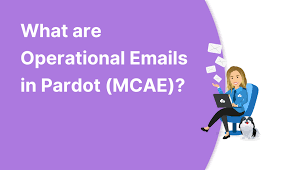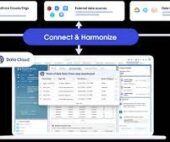Transactional Operational Emails and Account Engagement
Summer ’24 Salesforce Release: A Game-Changer for Marketing Cloud Account Engagement, formerly Pardot The Salesforce Summer ’24 release notes are here, bringing with them one of the most anticipated features for Marketing Cloud Account Engagement (MCAE/Pardot). The ability to send operational emails in Engagement Studio has long been requested, earning the fifth most points in







